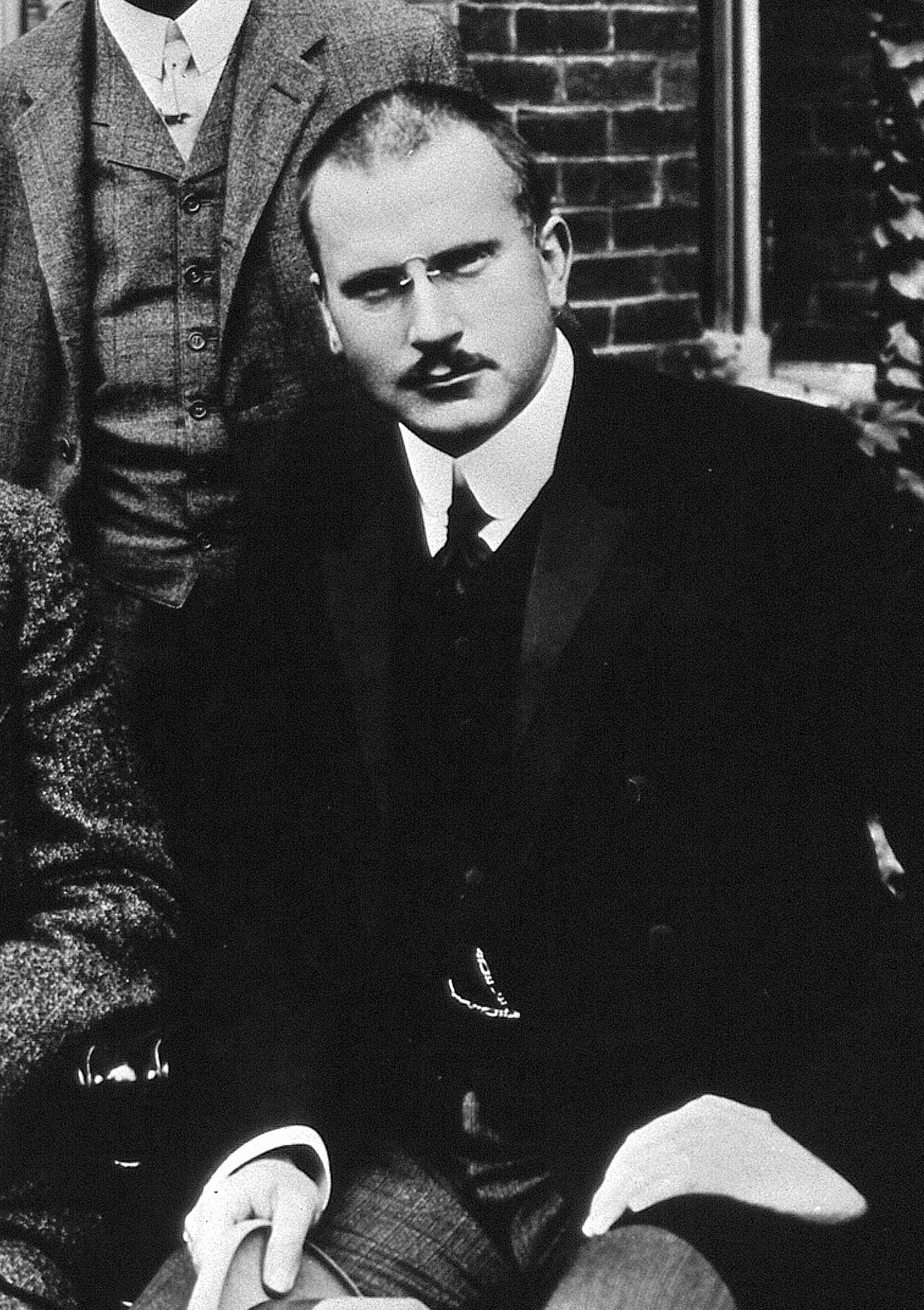
Carl Gustav Jung biografia do pai da Psicologia Analítica InfoEscola
Category: Science & Tech In full: Carl Gustav Jung Born: July 26, 1875, Kesswil, Switzerland Died: June 6, 1961, Küsnacht (aged 85) Subjects Of Study: collective unconscious free association individuation On the Web: University of Texas - Carl Jung and the Collective Unconscious (Dec. 14, 2023) See all related content →
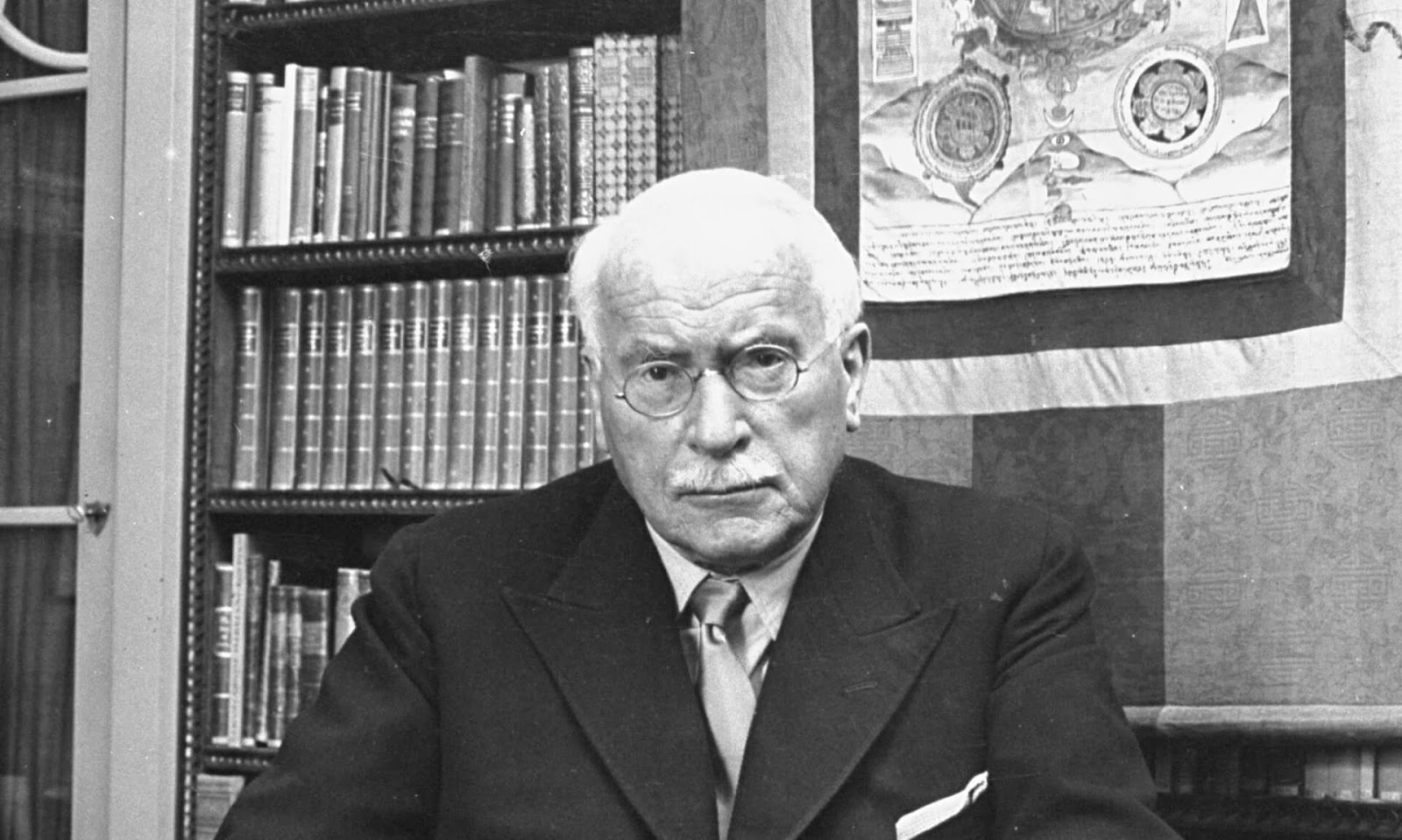
Jung'un Kişilik Kuramı Hayat Kendini Arayıştır
2. Quantum Physics and the Spiritual Foundation of the Empirical World. If we want to characterize Carl-Gustav Jung's psychology in one sentence, we can say that Analytical Psychology, embodied in the archetype structure, leads us to the view that there is a part of the world that we can't see, a realm of reality that doesn't consist of material things but of non-material forms.
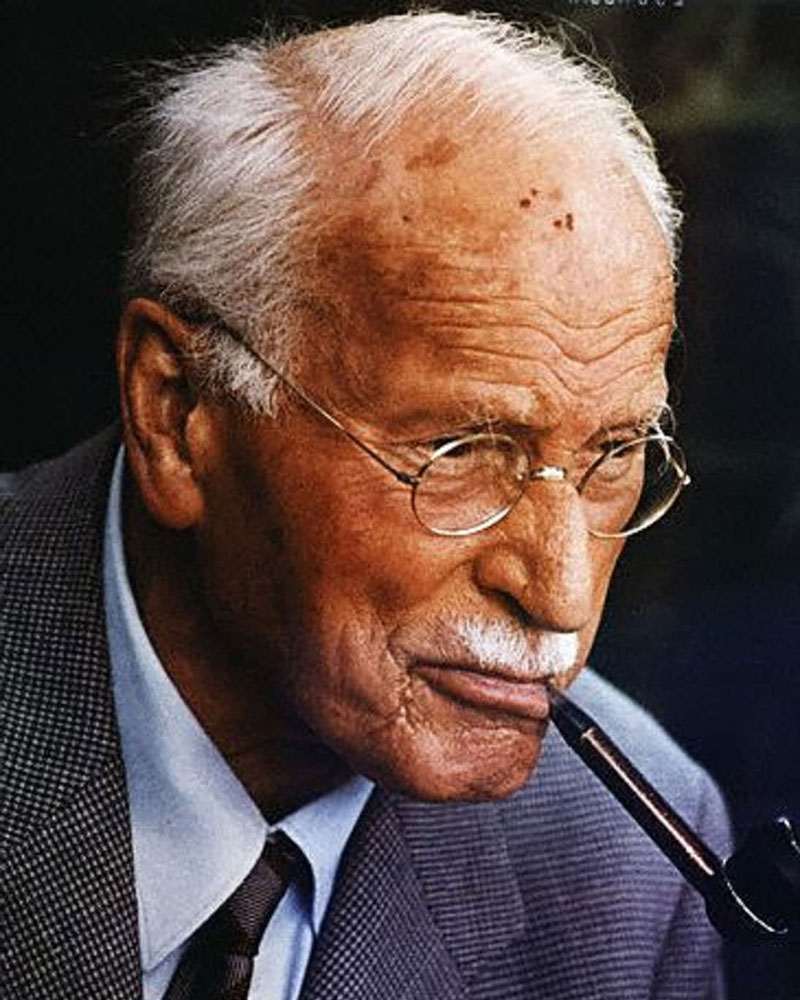
Carl Gustav Jung
Who is Carl Jung? Carl Gustav Jung (1875-1961) was one of the pioneers of modern depth psychology and psychoanalysis. Born near Basle, and working mostly in Zurich, Switzerland, he first became a physician and then entered the emerging field of psychoanalytic psychiatry.

Carl Gustav Jung zakladatel analytické psychologie. Co přinesl lidem
Carl Gustav Jung was born in 1875 in the canton of Thurgau to Paul Jung, a poor rural pastor in the Swiss reformed Church, and Emilie Preiswerk, a melancholic woman who claimed to be visited by.

Carl Gustav Jung vita, pensiero e opere Studenti.it
Carl Gustav Jung ( / jʊŋ / YUUNG; [1] [2] German: [kaʁl ˈjʊŋ]; 26 July 1875 - 6 June 1961) was a Swiss psychiatrist and psychoanalyst who founded analytical psychology. He was a prolific author, illustrator and correspondent.
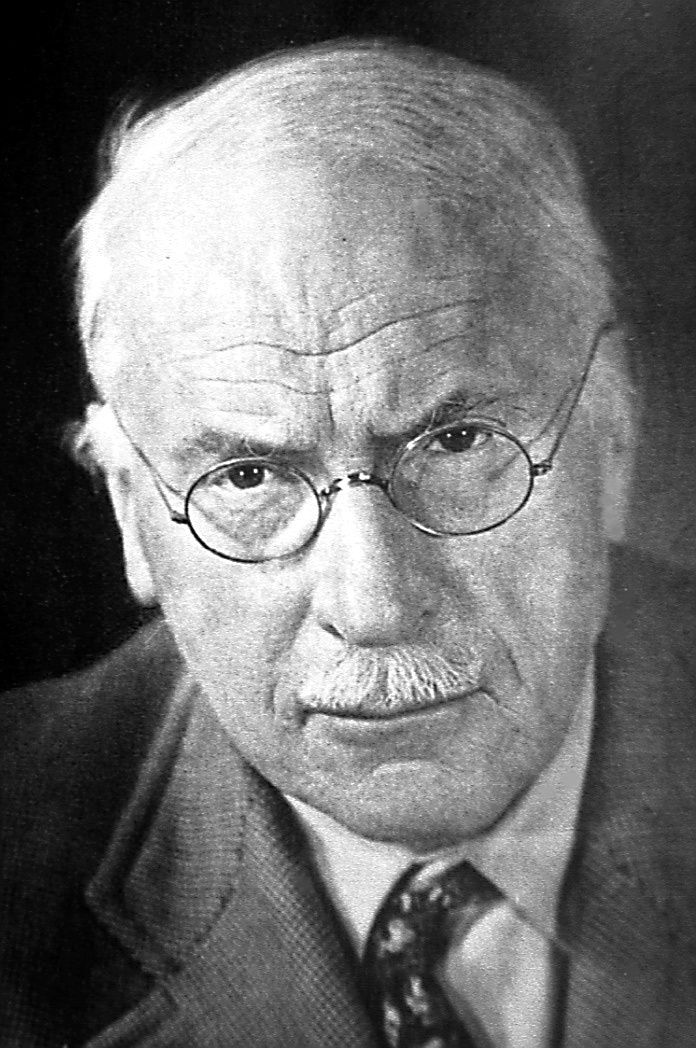
A Dangerous Method PsychiatryTalk
The personal unconscious, a concept developed by Carl Jung, refers to all the information and experiences of an individual's lifetime that have been forgotten or repressed but continue to influence their behavior and attitudes on an unconscious level.

Carl Gustav Jung The Wisdom of the Dream — DOP
Famous Scientists Philosophers Carl Jung Carl Jung established analytical psychology. He advanced the idea of introvert and extrovert personalities, archetypes and the power of the.

carl gustav jung
According to Jung, the collective unconscious is made up of a collection of knowledge and imagery that every person is born with and is shared by all human beings due to ancestral experience. Though humans may not know what thoughts and images are in their collective unconscious, it is thought that in moments of crisis, the psyche can tap into it.

Carl Gustav Jung ve Analitik Psikoloji Bilinç ve bilinçdışı kavramı
Carl Gustav Jung (July 26, 1875 - June 6, 1961) was an influential psychologist who established the field of analytical psychology. Jung is known for his theorizing about the human unconscious, including the idea that there is a collective unconscious all people share.

GAEDE Reflexión 7 Carl G. Jung y el inconsciente colectivo
About the IAAP. The International Association for Analytical Psychology, IAAP was founded in 1955 by a group of Jungian Analysts to sustain and promote the work of C. G. Jung. Today the IAAP recognizes 69 Group Members (societies) throughout the world, and around 3500 analysts trained in accordance with standards established by the Association.
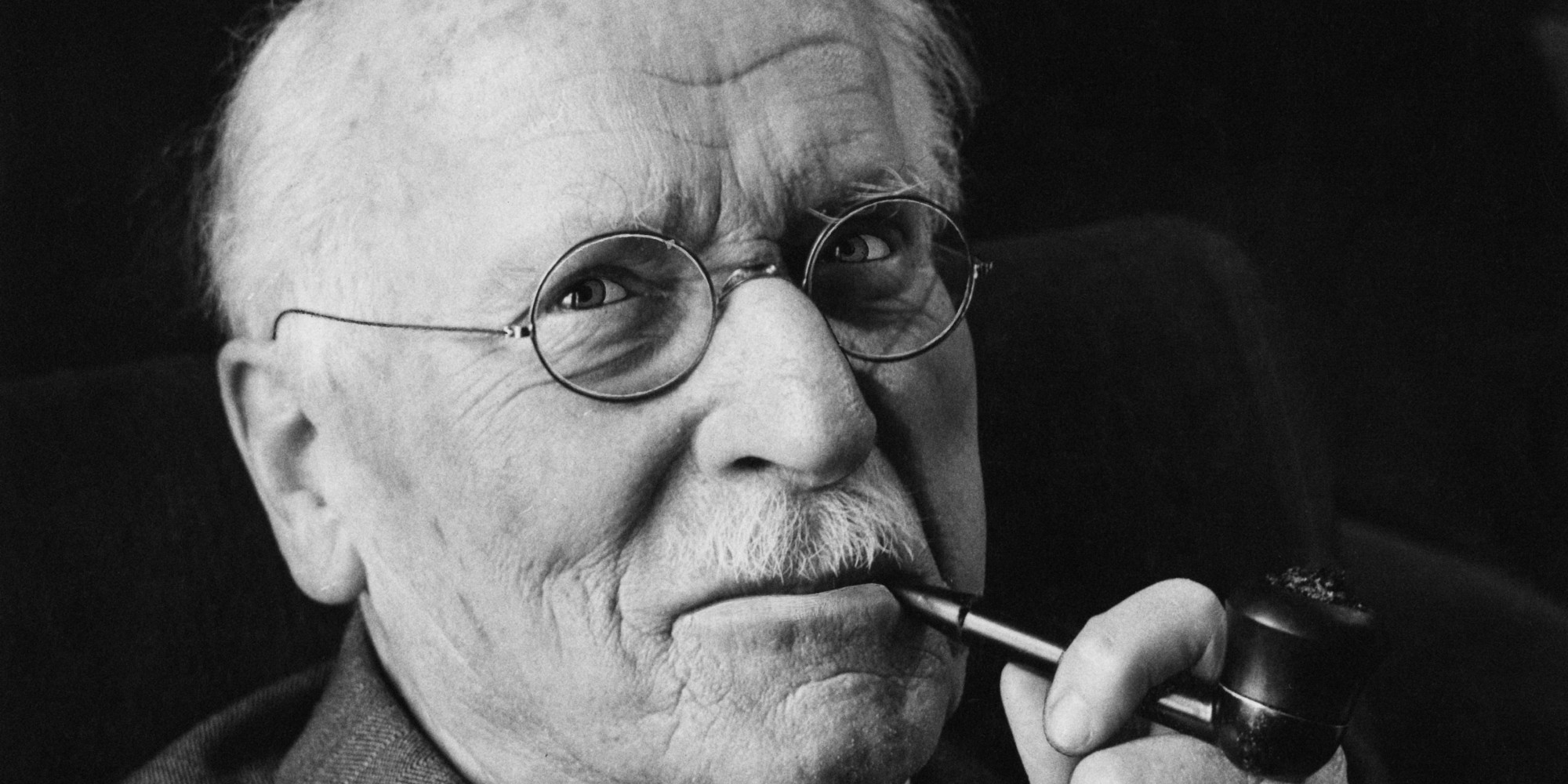
Carl Gustav Jung and Facebook HuffPost
Psychological Types (German: Psychologische Typen) is a book by Carl Jung that was originally published in German by Rascher Verlag in 1921, and translated into English in 1923, becoming volume 6 of The Collected Works of C. G. Jung.. In the book, Jung proposes four main functions of consciousness: two perceiving or non-rational functions (Sensation and Intuition), and two judging or rational.
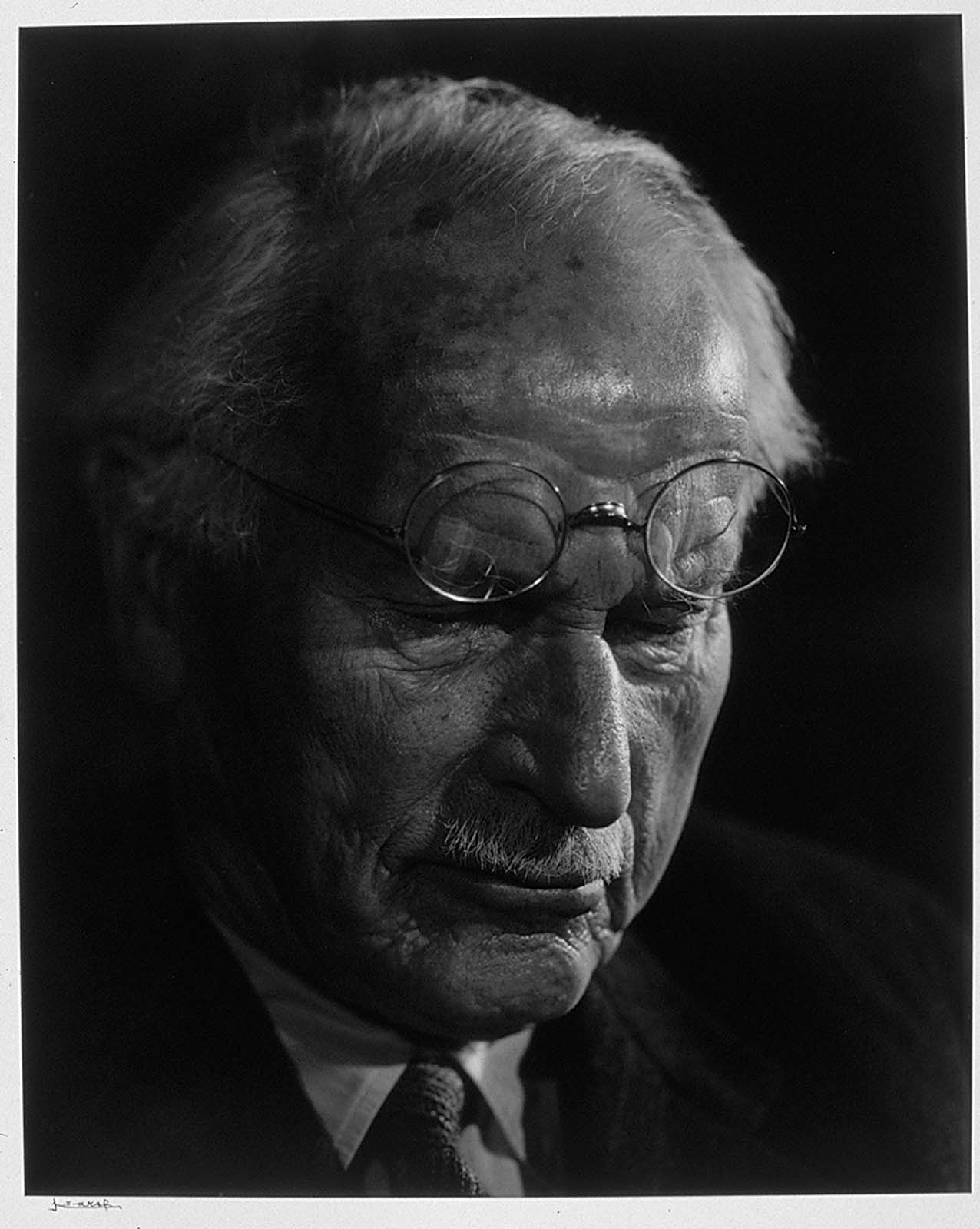
About Carl Gustav Jung Dialectic Spiritualism
The concept of the collective unconscious was first proposed by Carl Jung, a Swiss psychiatrist and psychoanalyst. According to Jung, archetypes are innate patterns of thought and behavior that strive for realization within an individual's environment.
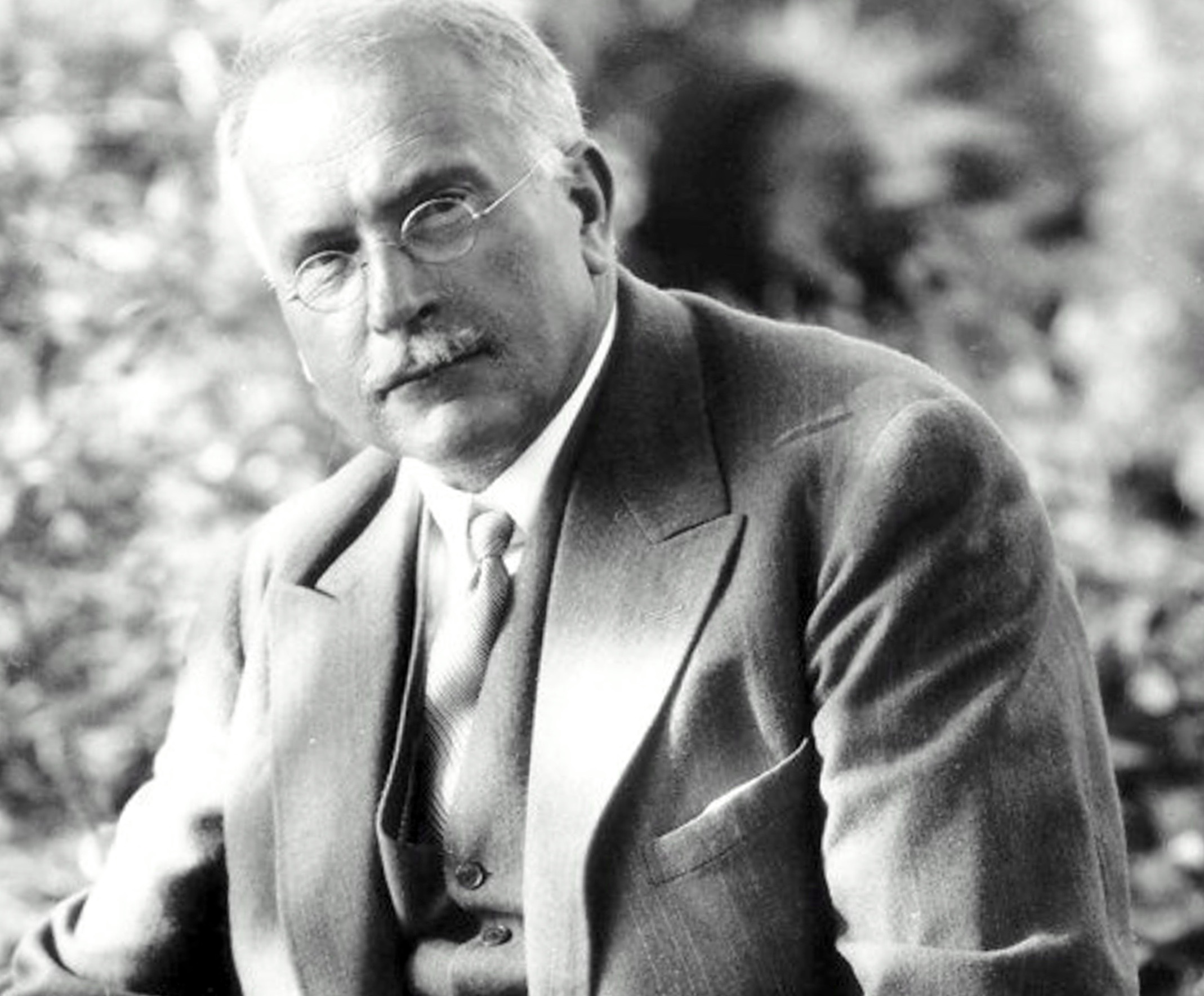
Jung, Carl Gustav Hermetik International
Professor Jung is interviewed at his home in Switzerland by John Freeman.Theme music: excerpt from Les Francs-Juges by Berlioz, 1825.A deeper American interv.

Conscience sans objet non dualisme
Swiss psychiatrist Carl Jung's theory suggested that these archetypes were archaic forms of innate human knowledge passed down from our ancestors. In Jungian psychology, these archetypes represent universal patterns and images that are part of the collective unconscious.
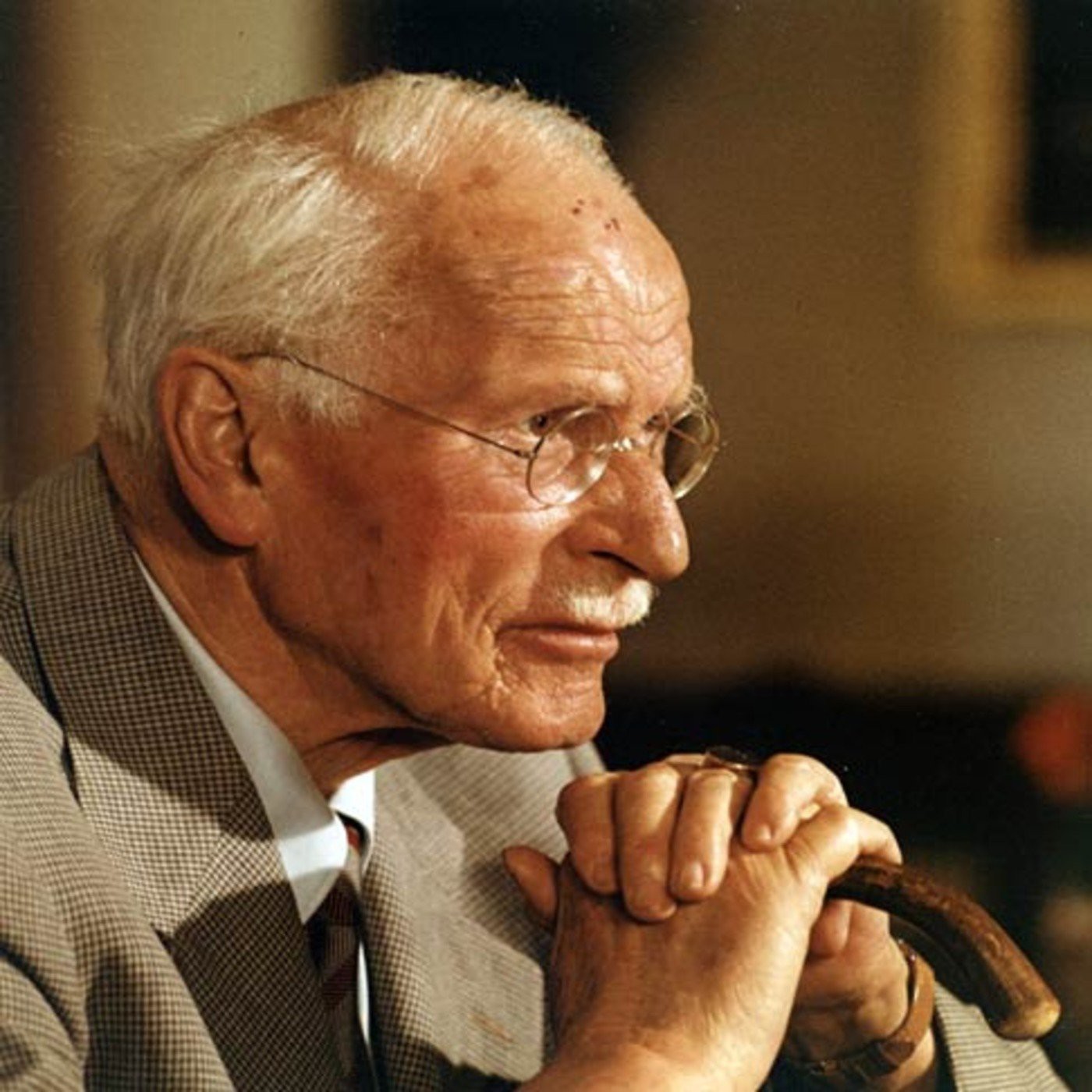
Escucha Carl Gustav Jung iVoox
The Red Book: Liber Novus is a folio manuscript so named due to its original red leather binding. The work was crafted by the Swiss psychiatrist Carl Gustav Jung between 1914 and about 1930. It follows, records and comments in fair copy on the author's psychological observations and experiments on himself between 1913 and 1916, and draws on working drafts contained in a series of notebooks or.
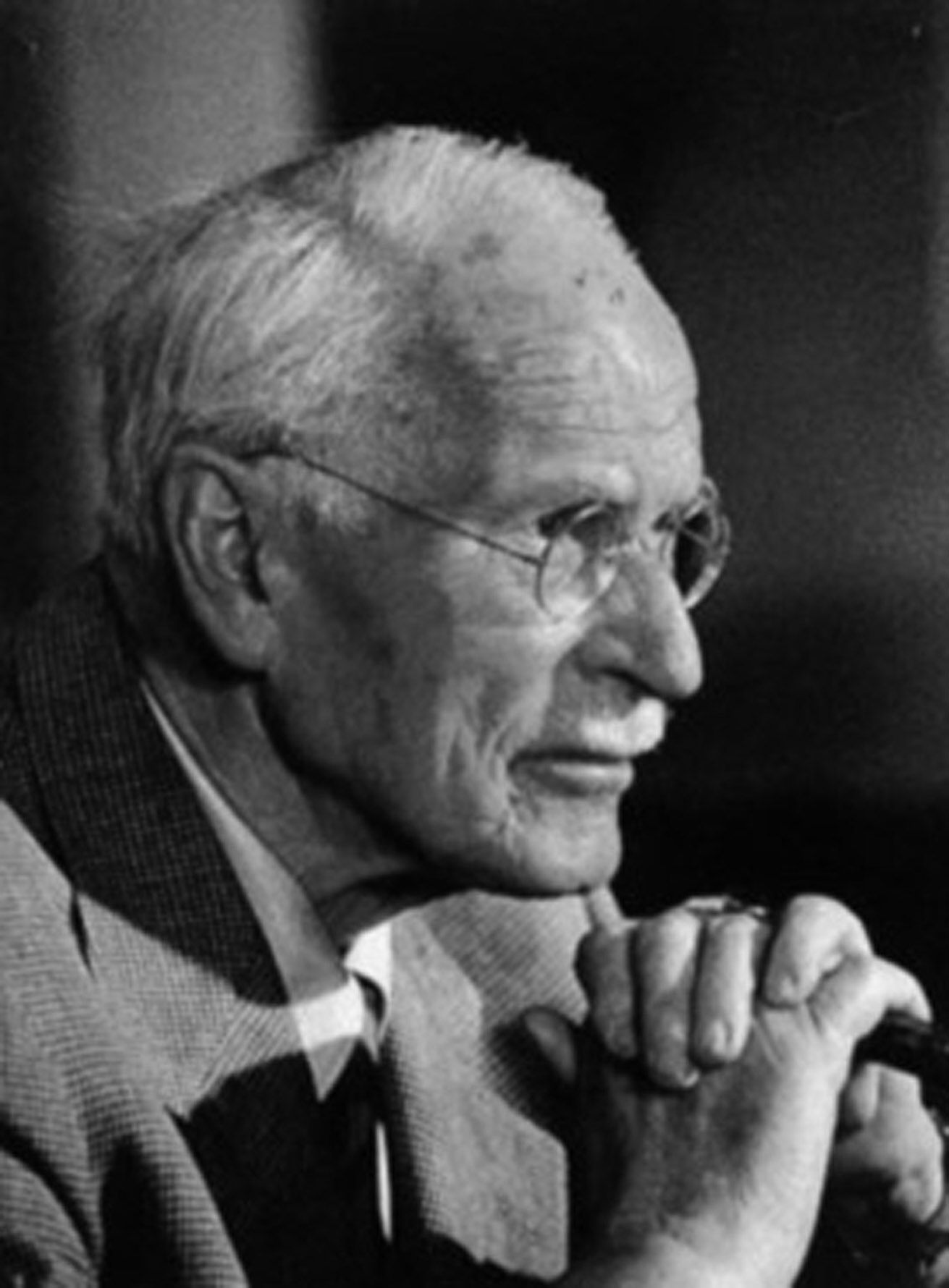
About Carl Gustav Jung Dialectic Spiritualism
The Holy Grail of the Unconscious. By Sara Corbett. Sept. 16, 2009. This is a story about a nearly 100-year-old book, bound in red leather, which has spent the last quarter century secreted away.